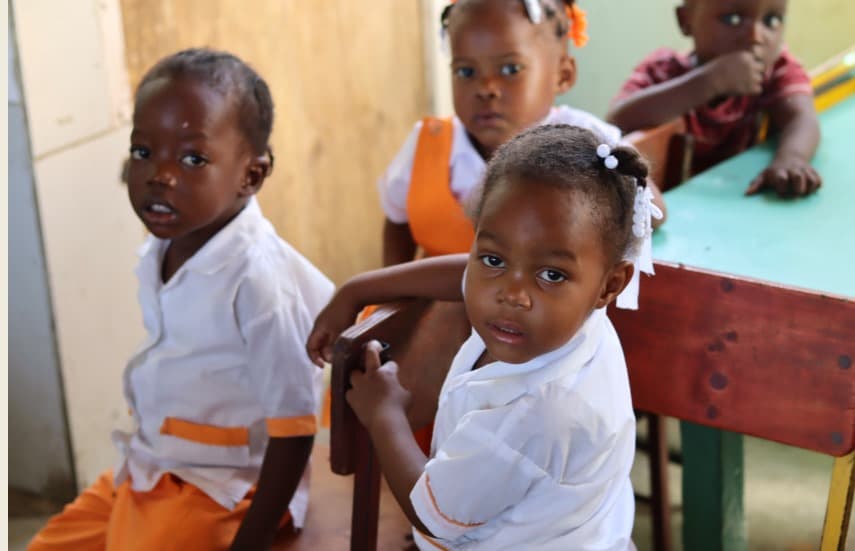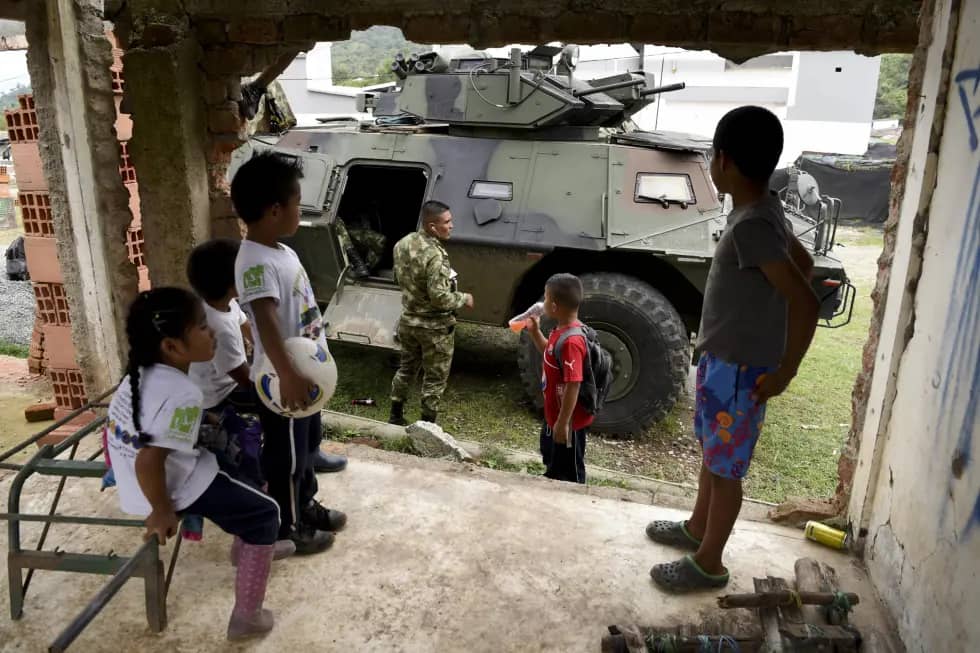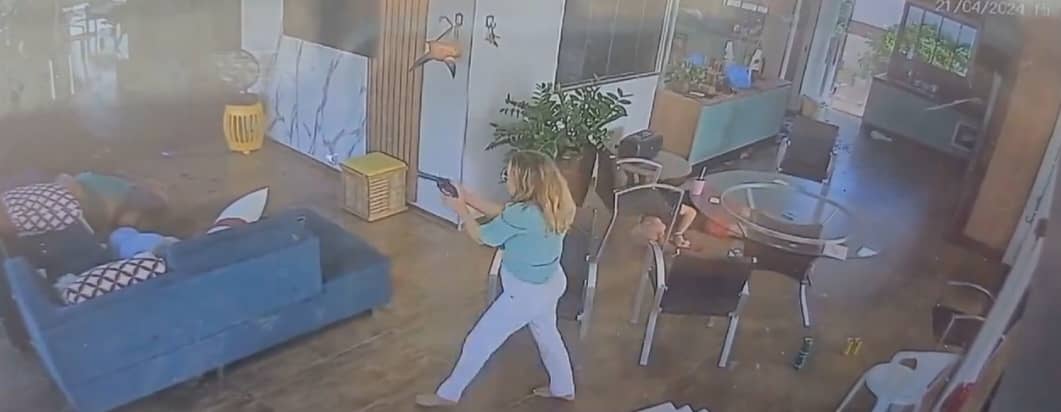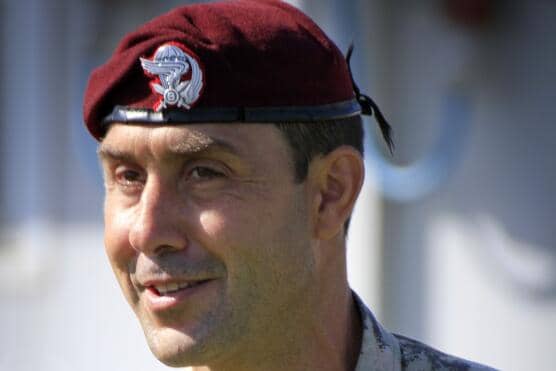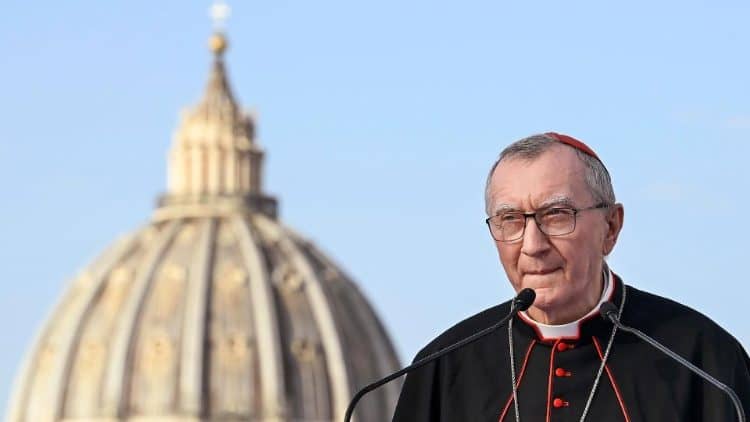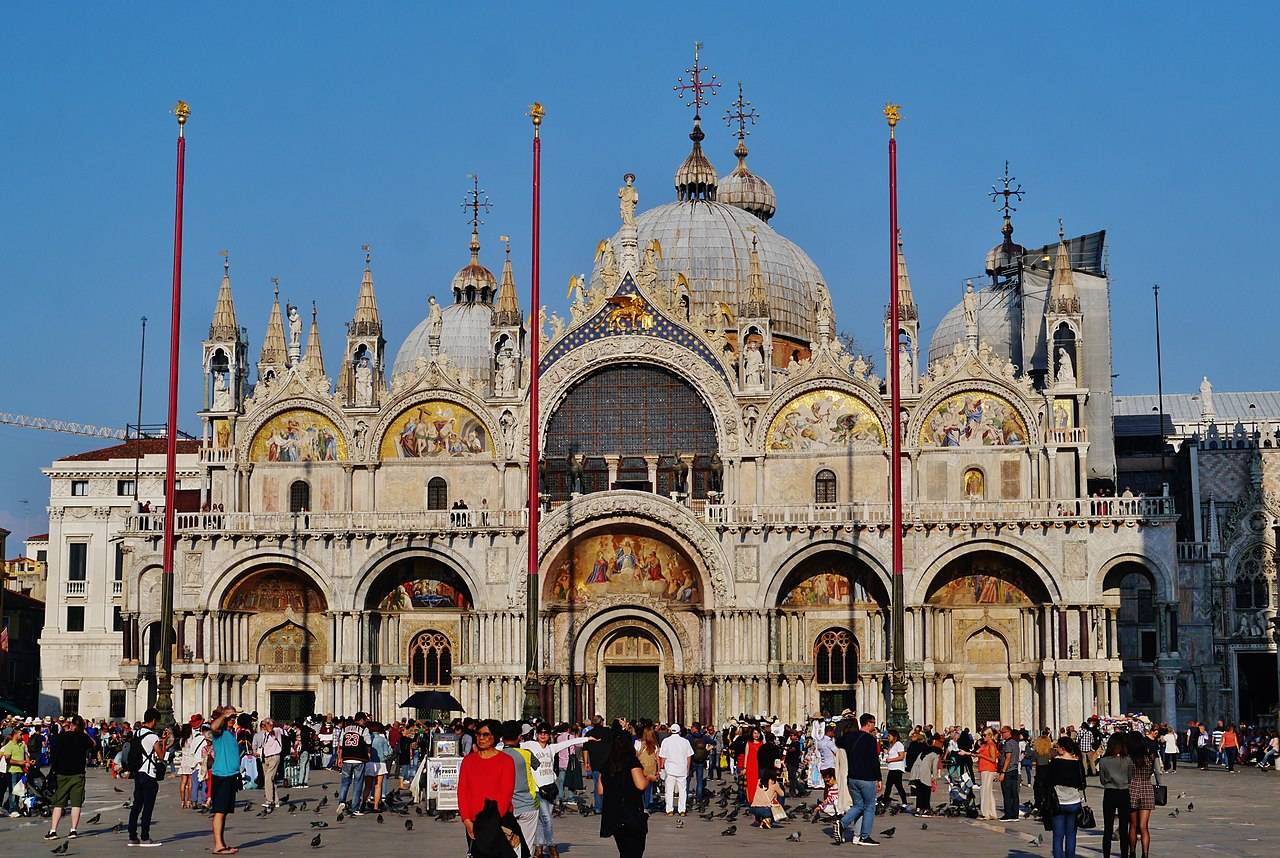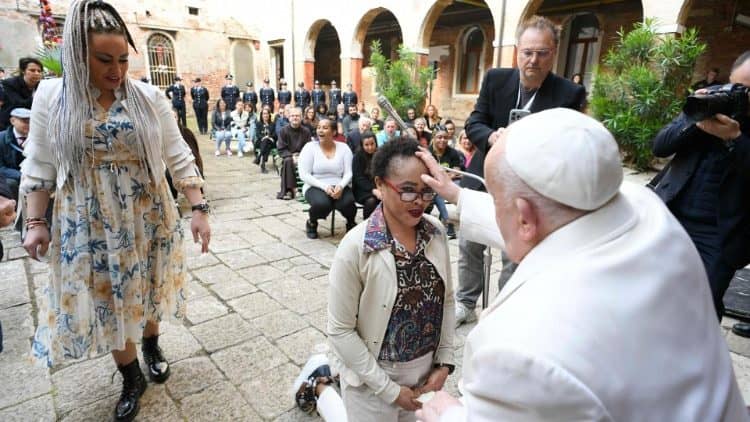SÃO PAULO, Brazil – As the situation becomes more and more chaotic in Haiti, with criminal gangs controlling vast territories in Port-au-Prince and citizens facing growing difficulties to obtain food, water, and medicines, Brazilian missionaries in one of the capital city’s poorest districts fear they soon may not have enough provisions to continue their work.
According to Brother Hélio Ferreira, one of the five members of Missão Belém (Mission Bethlehem, in Portuguese) in Haiti, with the border with the Dominican Republic closed and the airport inactive, the Caribbean nation is facing an acute shortage of basic food items and medicines.
“Last month we managed to buy some food just a couple of days before running totally out of provisions,” Ferreira told Crux.
Missão Belém’s educational center includes a kindergarten, a school for children and teenagers (including high school), and a nutrition center for malnourished kids. About 3,000 children are benefited by the mission, which also includes a healthcare clinic.
“We offer 9,000 meals each day for the students. A nongovernmental organization used to donate part of the provisions to us, but with the lack of food it had to stop,” Ferreira said.
There’s no tap water in the Wharf Jeremie neighborhood, he said, and it has been difficult to find trucks to supply water for Missião Belém’s facilities.
“We have a system to capture stormwater, but it hasn’t been raining lately,” Ferreira said.
Last week, they heard of 10 cases of cholera in the district. It’s become more and more difficult to find medicines, and they fear an epidemic will increase the needs in the region.
Ferreira said criminals have been looting grocery stores and other shops, making it harder for the people and the institutions to obtain supplies.
The latest wave of violence has been hitting the Church hard, with an unprecedented number of kidnapped members of the clergy and invasions to Catholic entities. Missão Belém was also affected, with its two cars being stolen in January and in March.
The missionaries used them to pick up teachers and doctors and take them to work. Now, at times they can’t arrive there and the kids lose some of their classes.
Ferreira fears for the near future, saying the mission has provisions for just one month.
“After that, we don’t know how things will be,” he said.
Missão Belém founded a base in Haiti in 2010, only a couple of months after one of the deadliest earthquakes in human history shook the nation and killed more than 300,000 people.
The community was founded by Italian-born Father Gianpietro Carraro and by Sister Cacilda da Silva Leste in 2005. It was established in São Paulo, Brazil, with the goal of being a family for those who don’t have one, the homeless and drug addicts.
Missão Belém’s missionaries have a close contact with the people on the street. It’s part of their method to spend up to 15 days with the homeless, sharing their hardships. During such an experience, some people often ask to join the community.
New members are sent to one of Missão Belém’s houses, which are often small ranches where they live in community, working and praying together. That’s how they heal from their vices and hopefully become new missionaries, helping other people with the same needs.
“With the crisis in Haiti, Cardinal Odilo Scherer [Archbishop of São Paulo] suggested to Father Carraro that we should begin working here. It rapidly became true,” Ferreira described.
The works are funded by godfathers in Brazil and Italy. Each godfather “adopts” one child from Wharf Jeremie and sends a steady amount of money every month to pay for the school expenses. Missão Belém informs the sponsor about how the child is doing a few times during the year.
Ferreira has been living in Haiti since 2014. Before that, he had worked as a missionary among homeless children in Brazil.
“I worked with crack users in São Paulo and saw many things in life. But poverty in Haiti is shocking. The homeless in São Paulo probably eat better than many Haitians,” he compared.
Ferreira studied philosophy in Haiti and had been studying theology, in order to prepare for becoming a priest. But since last month the classes have been suspended. Streets are empty and as much as possible people avoid leaving their homes.
“Things progressively worsened since the United Nations’ peace force mission left in 2017,” he said, adding that it’s common to see armed men on the street now.
Many in the Church are navigating the challenges in novel ways. Near Missão Belém’s facilities, Ferreira said, there’s a house of Salesian priests who used to say Mass for the school. Last year their house was occupied by a local gang, and the Salesians have been sharing their building with the armed group ever since.
“Of course, we fear for our safety. But our biggest concern is with the people. We must struggle to give them some hope,” Ferreira affirmed.
He said that the other day a teenager asked him if he doesn’t want to leave the country.
“I told him that I don’t. We can’t leave the people this way,” Ferreira said.
Indeed, the people impacted by the mission attribute to it a central importance in Wharf Jeremie.
“Missão Belém is the rock that sustains the whole district. Without it, there is no Wharf Jeremie,” 21-year-old Christopher Monfils told Crux.
He is in his last year in the school, where he studied since he was nine.
“Despite so many hardships, I’ve been able to go to school. I also receive a monthly stipend, which helps me a lot. Missão Belém gave us dignity,” he added.
Another Wharf Jeremie resident, 29-year-old Brisuel Surin, told Crux that “despite the fact that we live in a country without a president, a country of criminals, we have been able to send our children to study, we have been able to eat and drink, thanks to the work of Missão Belém.”
“We face political, economic, and safety problems. Missão Belém is like the Messiah for us,” he added.
